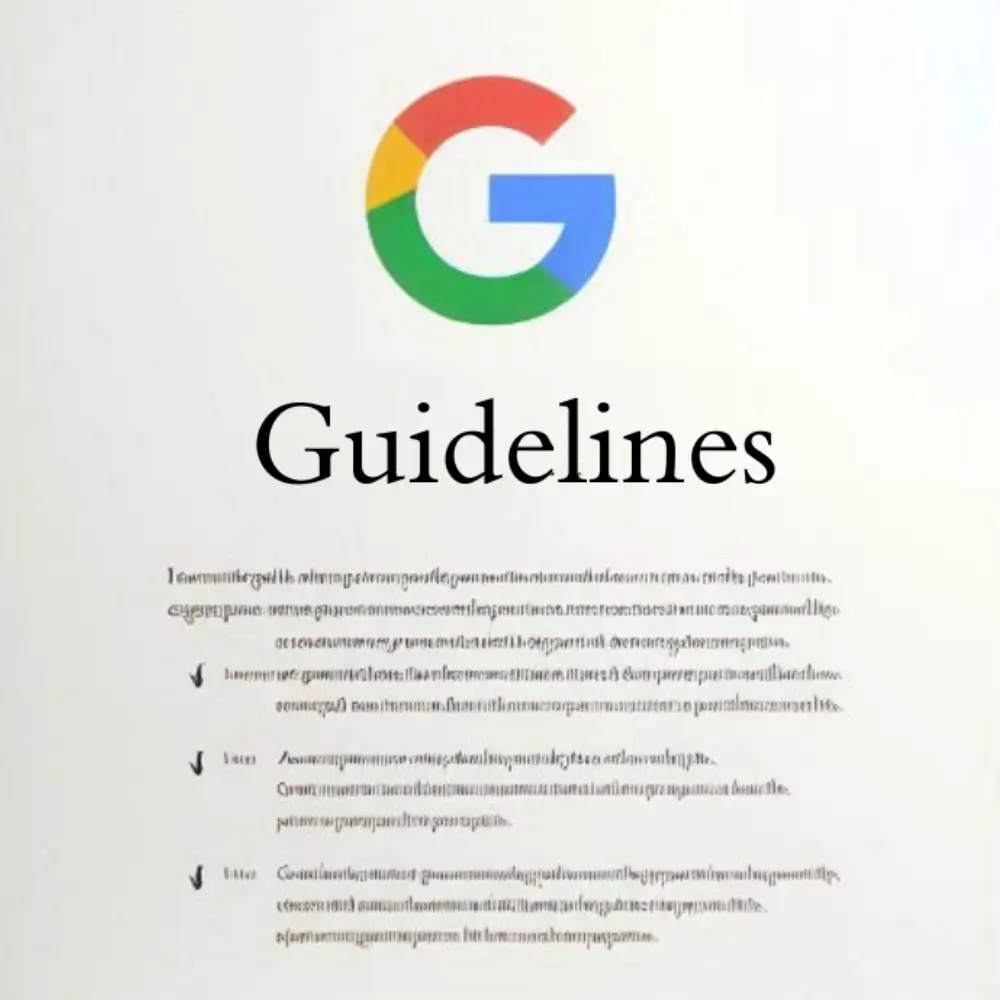Does Google Penalize AI-Generated Content?
In recent years, artificial intelligence (AI) has changed how we create content. With new technology, AI can quickly write articles, social media posts, and more. This makes it easier for businesses and bloggers to produce a lot of content in less time.
However, this brings up some important questions about how search engines, especially Google, view AI-generated content. Google is the main search engine people use, and it wants to show users high-quality, helpful content when they search for information. This raises concerns for content creators: Will Google like AI-generated content, or will it see it as low-quality and punish it?
Understanding how Google feels about AI-generated content is really important for anyone who runs a website or does online marketing. They need to know if using AI to create content could hurt their search rankings.
In this article, we’ll look into these questions. We’ll talk about how Google decides what content is good, the risks of depending only on AI for writing, and some tips for using AI-generated content the right way. By breaking this down, we hope to help website owners and marketers decide whether to use AI-generated content or be more cautious about it.

Understanding Google’s Guidelines
Google’s main job is to give people the best and most useful information when they search online. To do this, Google has created a set of guidelines that everyone who creates content needs to follow. These guidelines help ensure that the content people find is high-quality and relevant to what they’re looking for.
One of the most important things Google looks for is originality. This means that content should be unique and not copied from somewhere else. Google wants to show users fresh ideas and new perspectives, so if your content is original, it stands a better chance of ranking well in search results.
Another key point is expertise. Google wants content to be created by people who know what they’re talking about. For example, if someone is writing about medical topics, they should have the right knowledge or qualifications to provide accurate information. This helps ensure that users can trust the content they read.
User experience is also crucial. This means that Google pays attention to how easy and enjoyable it is for users to read the content. If a website is hard to navigate, loads slowly, or has lots of ads, users may have a bad experience. Google wants to promote sites that are user-friendly, so creating a positive experience for visitors is essential.
So, how does AI-generated content fit into all of this? Since AI can create content quickly, it raises some questions about whether that content can meet Google’s standards. For example, if AI produces content that is original and written well, it might do just fine. But if the content is generic, lacks depth, or doesn’t provide real value, it may not rank well at all.

In short, while Google doesn’t automatically reject AI-generated content, it still needs to follow the same guidelines as any other content. The key is to make sure that whatever is created-whether by a human or an AI-meets Google’s standards for quality, originality, expertise, and user experience.
Does Google Penalize AI-Generated Content?
Not Necessarily: Many people wonder if Google punishes content just because it’s made by AI. The good news is that Google doesn’t specifically penalize AI-generated content simply because it comes from a machine. What really matters is whether the content meets Google’s quality standards. If the content is helpful, informative, and original, it can rank well in search results, no matter who or what created it. So, if you use AI to generate content that genuinely provides value to readers, there’s a good chance it will perform well.
Focus on Quality: Quality is key when it comes to content. Google looks for content that is well-written and offers real value. If AI-generated content is poorly written, lacks depth, or is just repeating what others have said without adding anything new, Google is likely to view it unfavorably. This means it could rank lower in search results. The same applies to content written by humans. If it’s low quality, it won’t do well either. So, whether you’re using AI or writing by hand, always aim for high-quality content that engages readers and answers their questions.
Avoid Duplicate Content: One of the major concerns with AI-generated content is the risk of creating duplicate material. When many people use the same AI tools, there’s a chance they might end up generating similar or even identical content. Google doesn’t like duplicate content, and it can lead to penalties if your site has too much of it. To avoid this, it’s important to create unique and original content that stands out. Think about what makes your perspective different and share that with your audience. This not only helps you avoid penalties but also attracts more readers.
E-E-A-T Principles: Google uses a set of principles called E-E-A-T to evaluate the quality of content. E-E-A-T stands for Experience, Expertise, Authoritativeness, and Trustworthiness. These are the qualities Google looks for when deciding if content is worthy of ranking high. AI-generated content that doesn’t show these qualities may struggle to rank well. For instance, if the content doesn’t demonstrate knowledge on the topic or if it feels unreliable, it won’t be favored by Google. This is true whether the content is made by AI or a human. To make sure your content is seen as valuable, always try to showcase your expertise and build trust with your readers.
In summary, Google doesn’t automatically penalize AI-generated content. The focus should be on creating high-quality, original material that meets the needs of your audience. By keeping quality, uniqueness, and E-E-A-T principles in mind, you can effectively use AI to enhance your content strategy without worrying about penalties from Google.
Best Practices for Using AI-Generated Content

If you want to use AI-generated content in your strategy, here are some best practices to keep in mind:
Edit and Review: Always check and edit any content that comes from AI. While AI can create text quickly, it might not always capture the details or tone you need. Take the time to add your own insights and expertise to make the content better. This helps ensure it sounds like your brand. A personal touch can really make a difference! When you edit, look for clarity, accuracy, and how well it connects with your audience. This step is crucial for maintaining quality.
Use AI as a Tool, Not a Replacement: Think of AI as a helpful assistant, not a full replacement for your writing. It’s great for coming up with ideas, outlines, or even first drafts. But you should always add your own thoughts and experiences to the mix. This helps make the content feel more authentic and relatable to your audience. Remember, AI can assist you, but your unique voice is what truly matters. Use AI to save time but ensure your personality shines through in every piece.
Focus on Originality: Aim to create content that’s original and offers something unique to your readers. Relying too much on AI can lead to generic content that doesn’t stand out. Share your own stories and viewpoints to make your content more engaging. Original content is also better for ranking well on search engines. Think about what makes your perspective different and highlight that. Your audience will appreciate fresh ideas and unique insights.
Monitor Performance: After you publish your AI-generated content, keep an eye on how it performs. Use tools to track engagement, traffic, and rankings. This information will help you see what works and what doesn’t, so you can adjust your approach for future content. Regularly checking performance is key to improving your strategy. Look at metrics like comments, shares, and time spent on the page. This will give you valuable insights into what resonates with your audience.
By following these best practices, you can effectively use AI-generated content. This will help ensure your content remains valuable and engaging for your audience. Always edit carefully. Focus on originality and pay attention to performance. This way, you can create high-quality content that connects well with readers.




